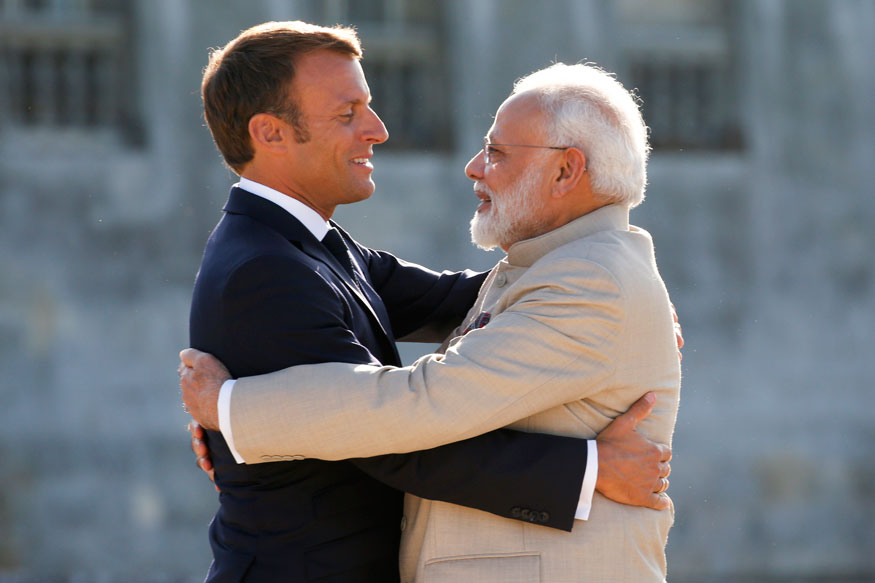Paris, France, July 14: Indian Prime Minister Narendra Modi is presently undertaking a two-day visit to France, during which he is actively engaging in extensive discussions with President Emmanuel Macron, as well as with representatives from the defense and business community. PM Modi’s France visit comes as both nations aim to assert their maximum “strategic autonomy” in the global political landscape.
Modi’s France Visit:
During this visit, PM Modi has honored with France’s highest award, the “Grand Cross of the Legion of Honour.”
As a distinguished guest, PM Modi will join President Macron in celebrating the French National Day, also known as Bastille Day, in Paris.
Before his departure, PM Modi expressed his confidence that the visit would provide fresh momentum to the bilateral strategic partnership. The expansion of defense ties is expected to be a key focus during his discussions with President Macron.
Additionally, Modi will engage with the vibrant Indian community, leading CEOs from both countries, as well as prominent French personalities.
Following his visit to France, Modi will travel to Abu Dhabi, United Arab Emirates, for an official visit on July 15.
India-France Ties:
India and France share a history of trade relations that dates back centuries. From the 17th century until 1954, France maintained a colonial presence in the Indian subcontinent, including the territory of Puducherry.
This year marks the 25th anniversary of the strategic partnership between India and France, which was established in 1998.
Since then, the two countries have been collaborating closely across various domains, such as defense, space, civil nuclear energy, the blue economy, trade, investment, education, culture, and people-to-people ties.
France has consistently supported India in multilateral forums, including the United Nations and the Nuclear Suppliers Group (NSG).
France has backed India’s bid for UNSC permanent membership and India’s entry into NSG, a group controlling the international supply of nuclear minerals.
Moreover, France serves as one of the largest suppliers of nuclear fuel to India and signed a “Framework Agreement for Civil Nuclear Co-operation” in January 2008.
According to the SIPRI Report 2018-22, France is the second-largest supplier of military equipment to India, accounting for 29% of India’s arms imports.
This includes the procurement of Dassault Mirage 2000 fighter aircraft, a squadron of Scorpène-class submarines, and 36 Dassault Rafale fighter aircraft.
India’s Defense Acquisition Council (DAC) yesterday approved the procurement of 26 Rafale-M fighters, comprising 22 single-seater and four double-seater trainer versions, to operate from aircraft carriers.
Additionally, three additional Scorpene-class diesel-electric submarines will be procured from France.
The two nations also collaborate on regional and global issues. They jointly launched the International Solar Alliance during the 2015 Paris Summit as part of their global climate cooperation.
Most importantly, as part of the Indo-Pacific strategy, India and France have agreed to establish an “Indo-Pacific trilateral framework” separately with Australia and the United Arab Emirates to facilitate more strategic convergence and enhance strategic cooperation among partners.
Strategic Autonomy:
Since its independence, India has pursued a non-alignment policy to maintain its maximum “strategic autonomy” in making strategic decisions.
In the 21st-century world order, India continues to assert its strategic autonomy, as demonstrated by its neutral stance in the Ukraine conflict while maintaining strategic ties with both the West and Russia.
Amidst the growing threat posed by China’s assertiveness in the Indo-Pacific region, India is deepening its strategic partnership with the United States and its allies. However, India has refrained from joining US-led military alliances, emphasizing its commitment to maintaining strategic autonomy.
Under President Macron’s leadership, France, a long-term ally of the United States, is also seeking “strategic autonomy” in its decision-making processes, signaling an independent foreign policy stance apart from American interests.
President Macron re-introduced the concept of “strategic autonomy” into the European discourse in 2017 during a speech at Sorbonne University.
In his recent visit to China, Macron reiterated the need for “strategic autonomy” for both France and the European Union, highlighting the importance of not aligning solely with the United States in the emerging new Cold War between the US and China.
Despite skepticism, Macron has consistently tried to pursue the goal of maintaining France’s “strategic autonomy.”
This is evident in his expressed desire to participate in the upcoming BRICS leaders’ summit in South Africa, alongside Modi, Jinping, and Putin.
The meeting between Prime Minister Modi and President Macron, coupled with the growing strategic partnership between India and France, has the potential to become one of the defining alliances of the 21st century, particularly in the Indo-Pacific region.






